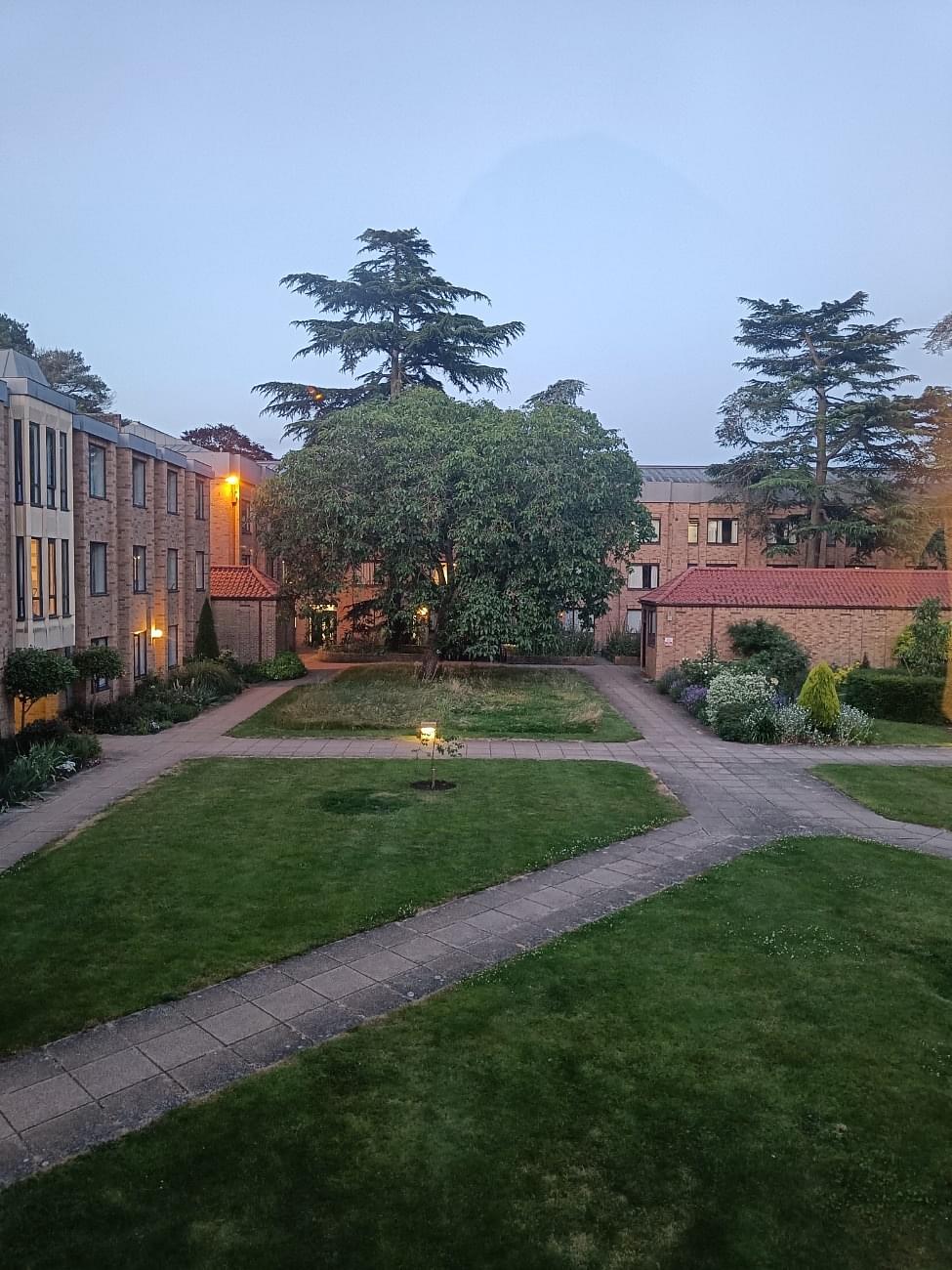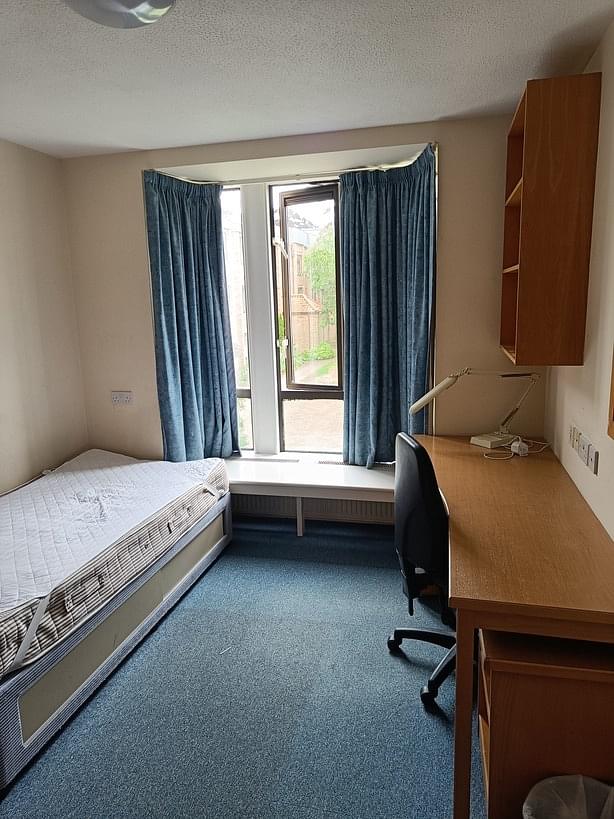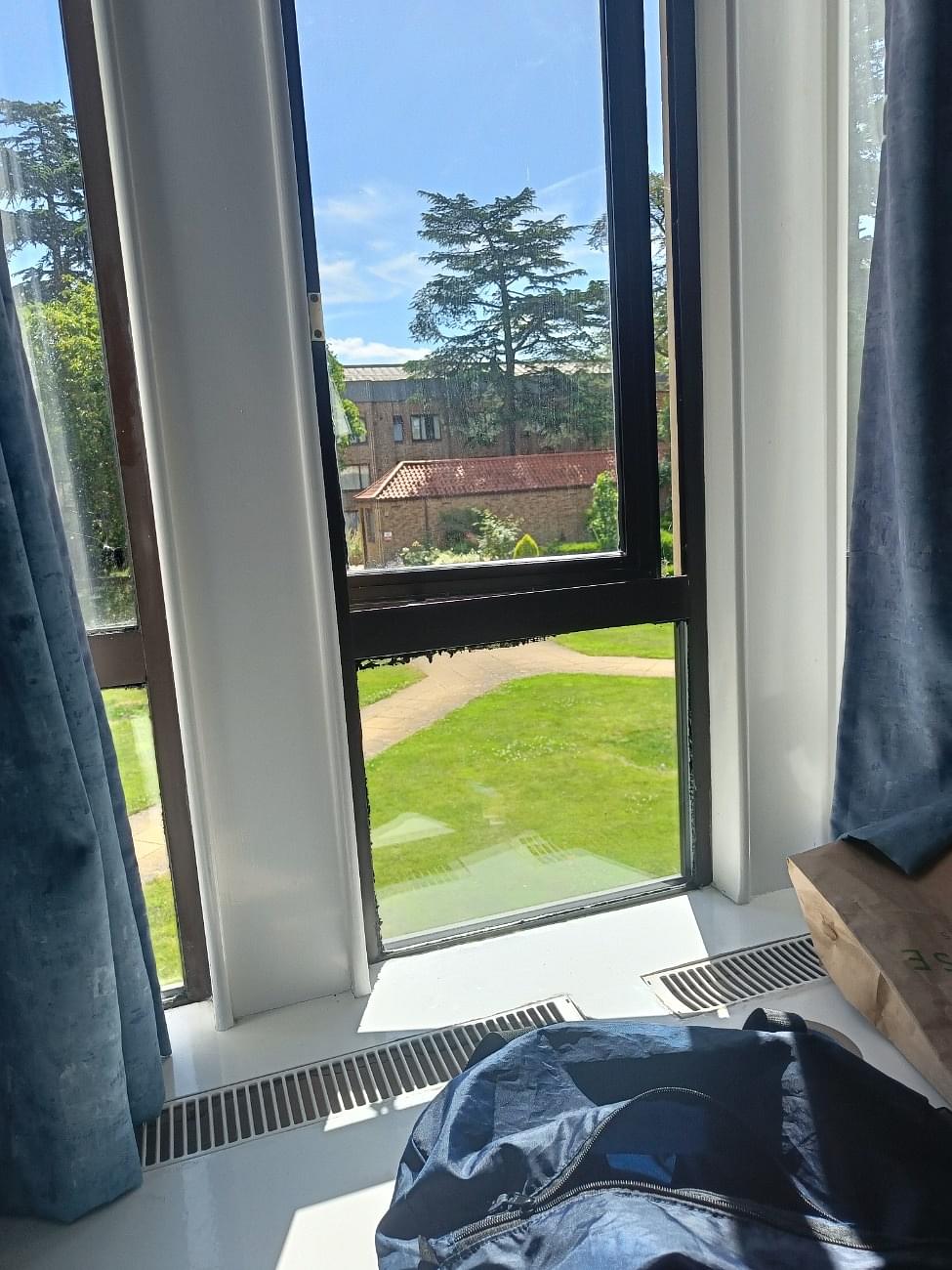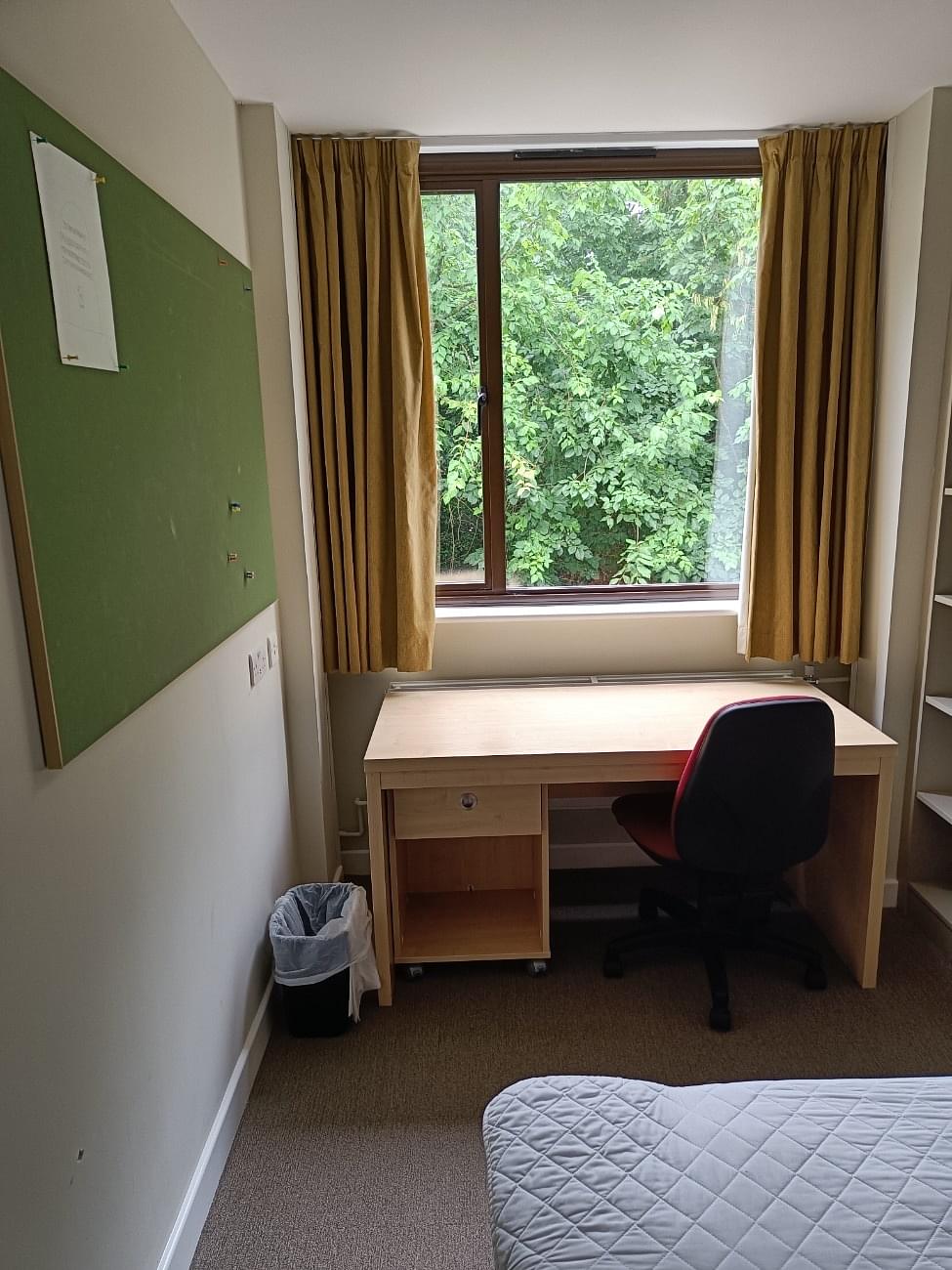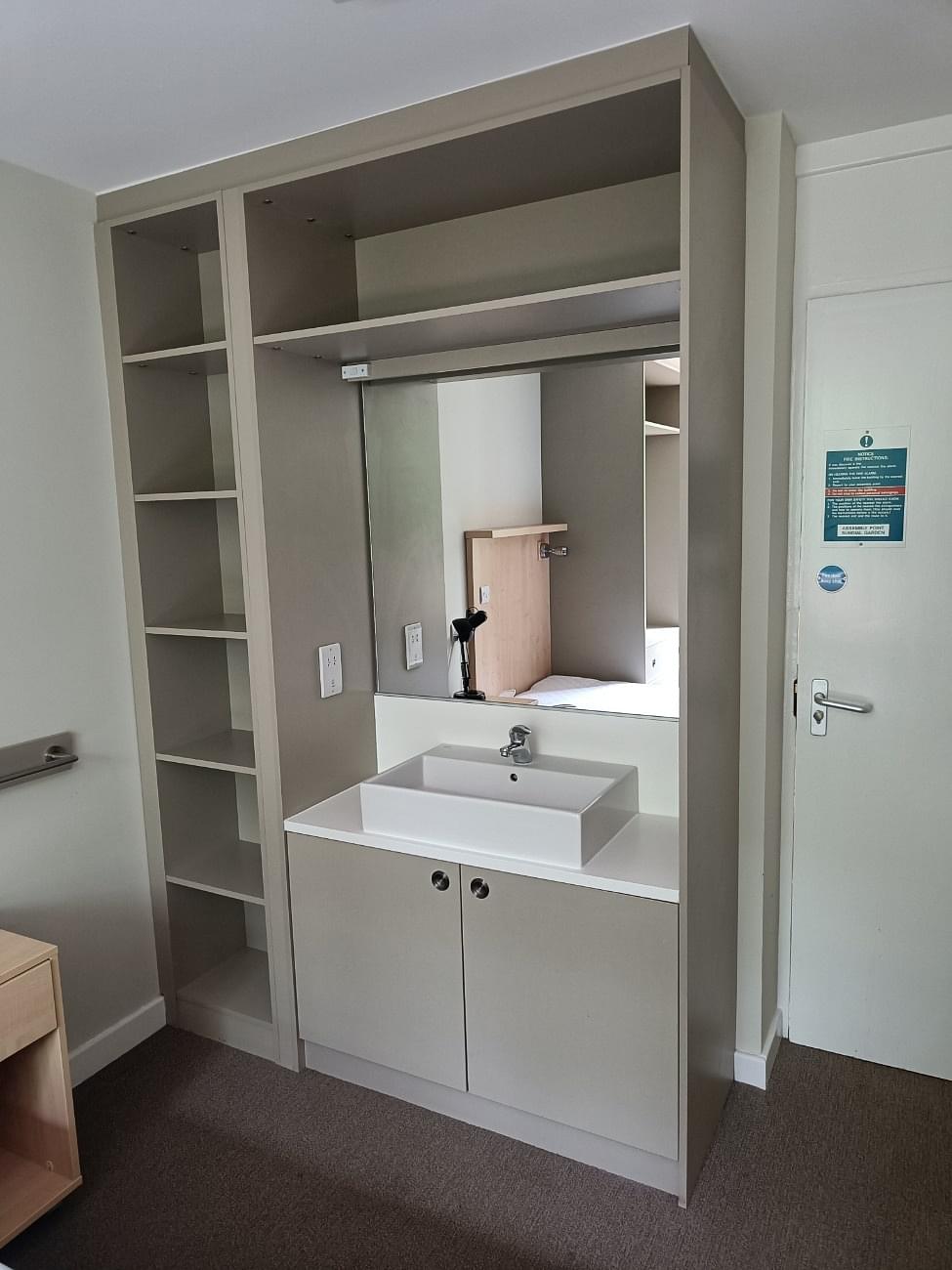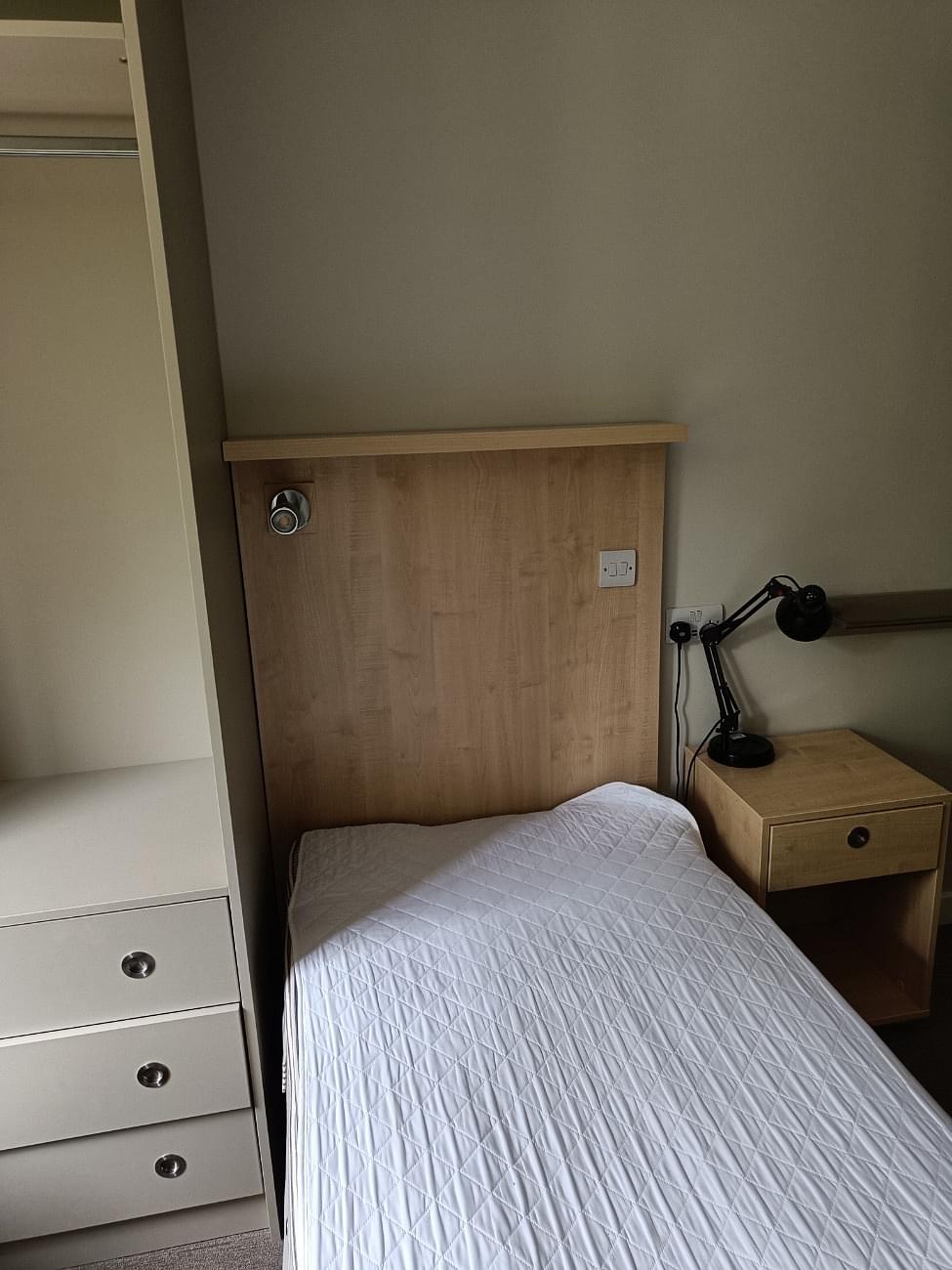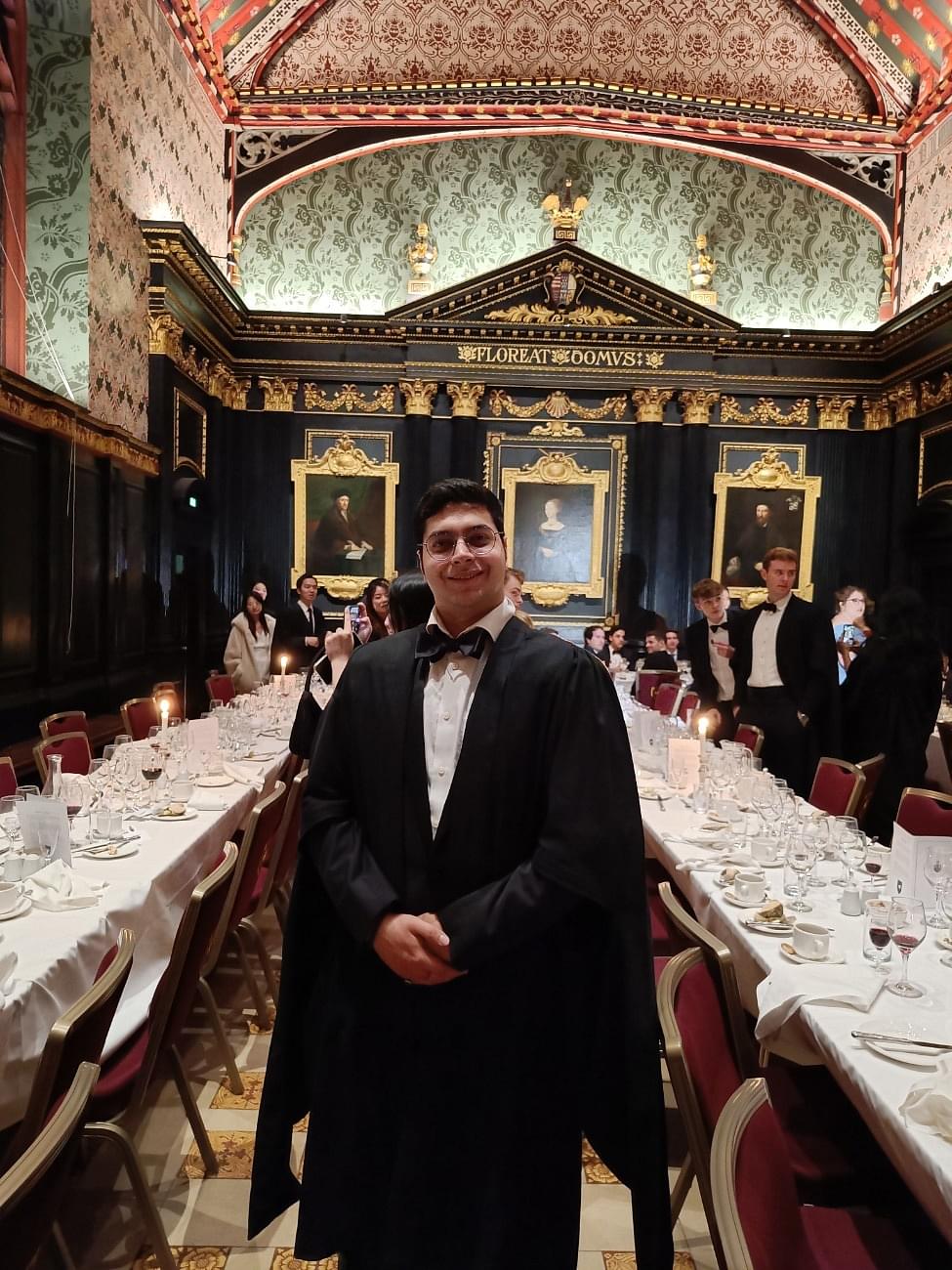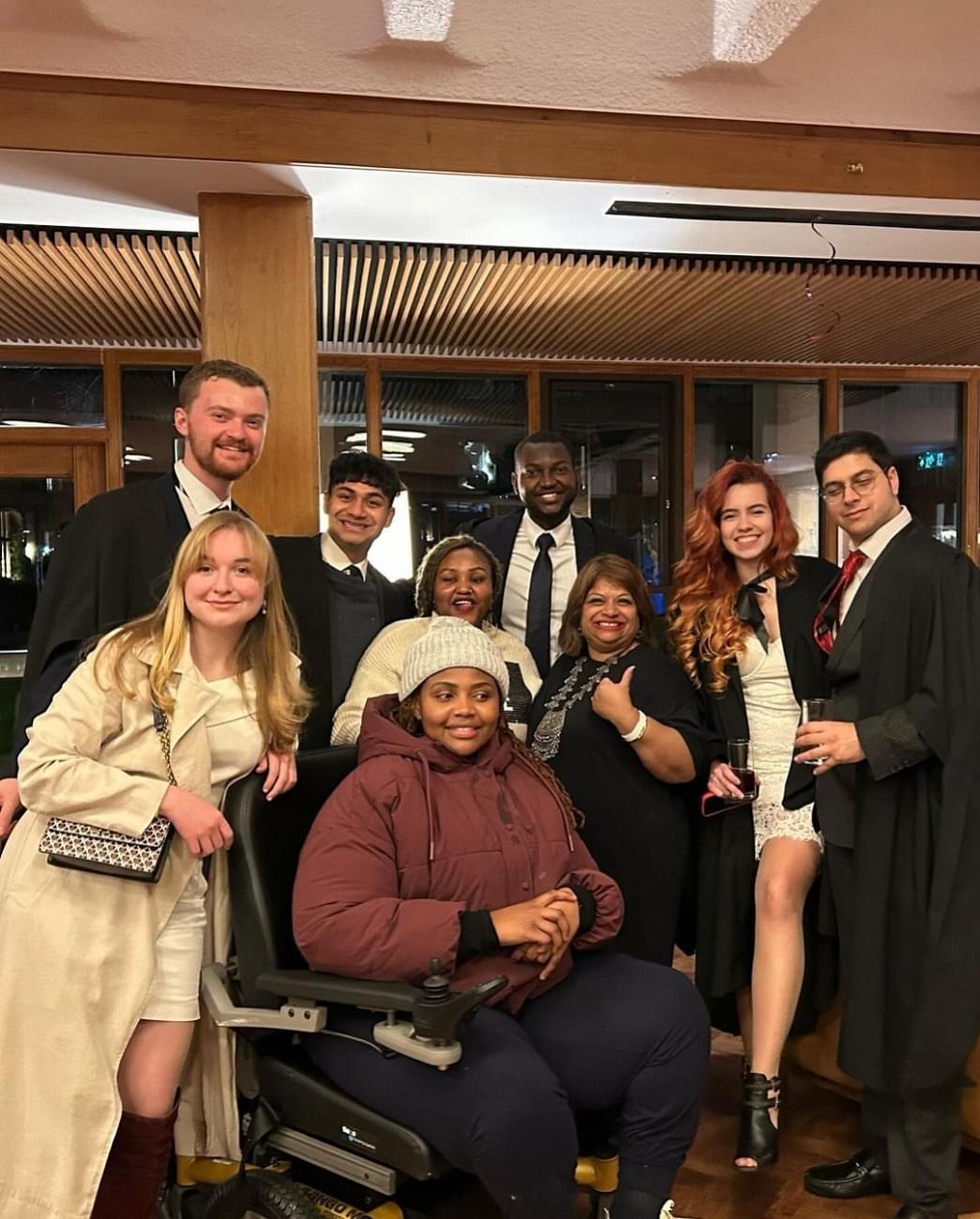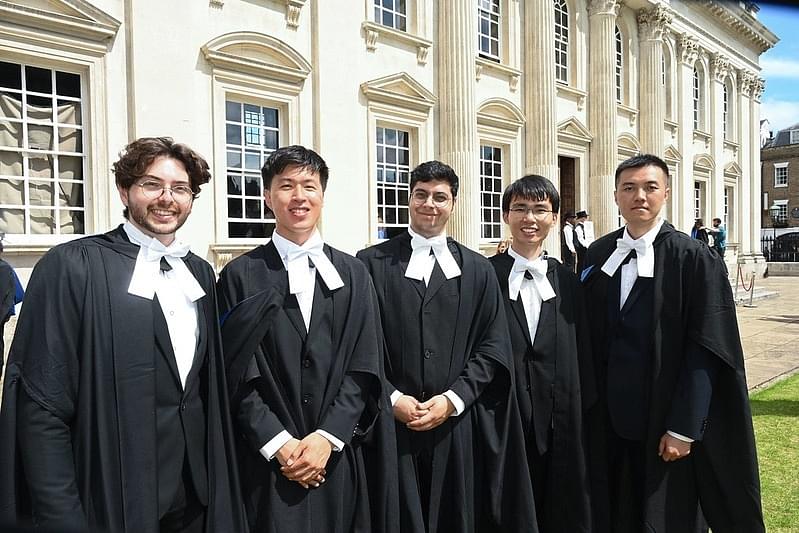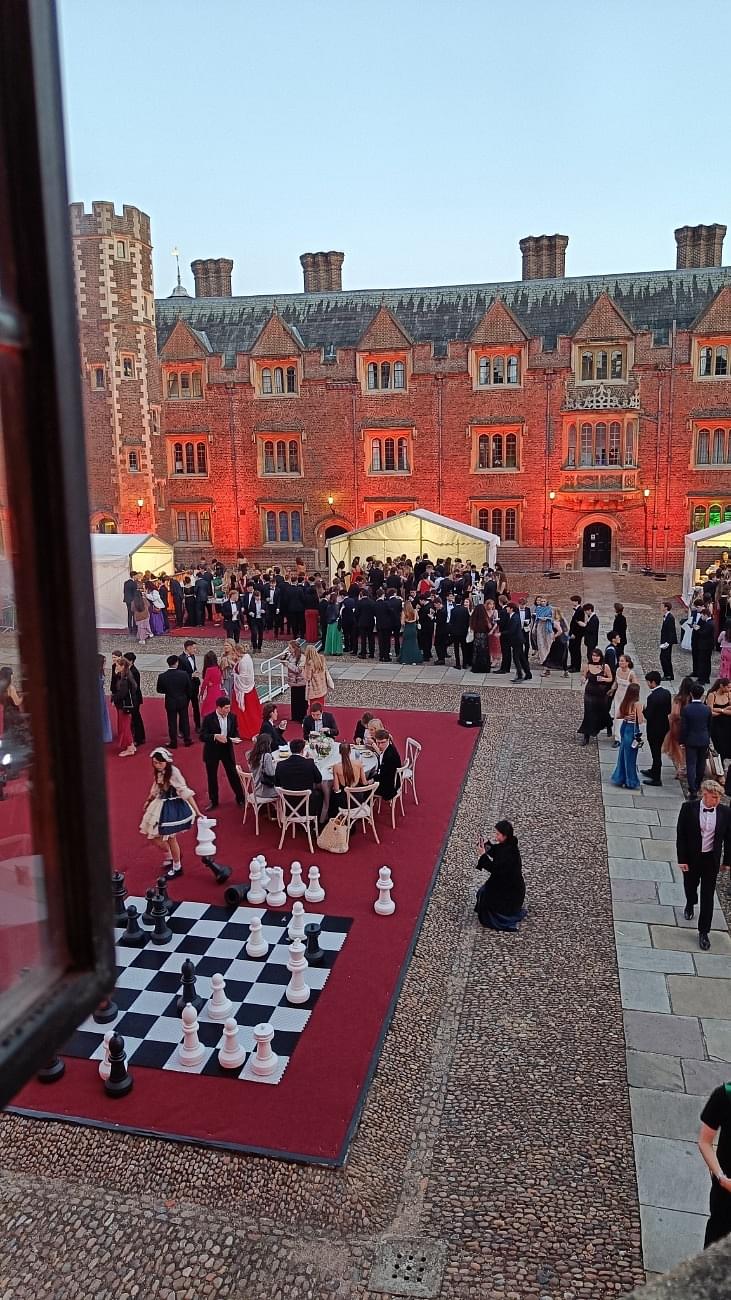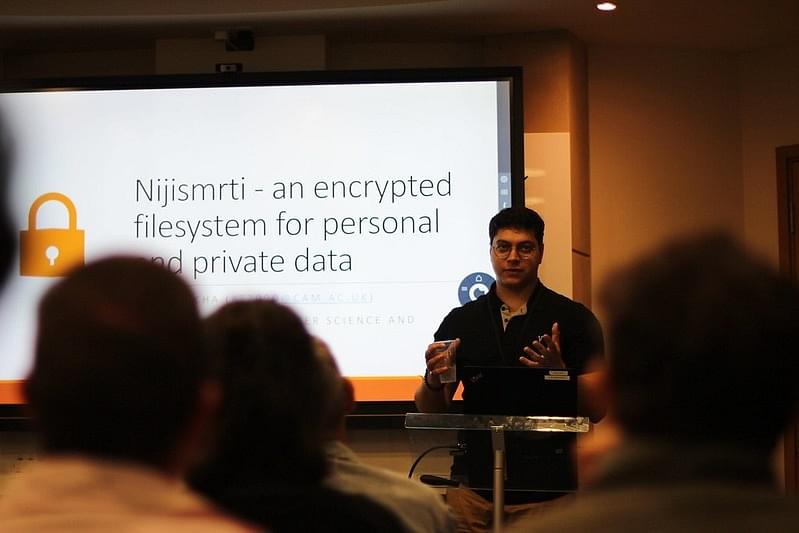What Students Say
Likes
- Collegiate system provides a unique communal experience. Each college is a mini society within Cambridge; addressing different needs based on academic rigour, gender, age, etc.
- Global Exposure from around 100 countries.
- Chance to work under top computer scientists.
Dislikes
- Short terms. Each term is only 8 weeks long.
- Each week starts from Thursday for an odd reason.
- Workload can overwhelming you. In the first term, I wrote 2 essays, each 1500 words long and reading 4 papers per week. In the second term, I read at least 3 papers per week, and writing a 1000 word review while doing my research.
Course Curriculum
- All modules are difficult regardless of the level of theoretical knowledge. You can choose 5 modules, 3-4 in Michaelmas and 1-2 in Lent terms. Each module builds on the existing undergraduate knowledge of computer science. Do not expect any form of spoon-feeding, as you are expected to work independently and interdependently.
- The supervisions make the process accessible, as the advice is based on your strengths and performance. Feedback, if timely, is incredibly valuable to improve your work, as it is highly detailed. However, workload can be overwhelming since you are expected to do a lot in a short period of time. Some modules require you to work during winter holidays.
- Lectures were few, at most 2 hours per week for a subject. But you are also expected to attend seminars once every two weeks. Number of students depends on the chosen module. It can range from as low as 6 to at most 20 students.
- My cohort had 70 students around the world, out of which only 3 students were from India. And only 2, including myself, did their undergraduate from India.
Admission Experience
-
I applied for the following universities:
- University of Cambridge, MPhil in Advanced Computer Science (Admitted)
- University of Nottingham, MSc in Computer Science (Received an offer)
- University of Birmingham, MSc in Advanced Computer Science (Received an offer)
- University of Leeds, MSc in Advanced Computer Science (Received an offer)
- University of Manchester, MSc in Advanced Computer Science (Rejected, no feedback after deferring the application twice)
- King's College London, MSc in Advanced Computer Science (Rejected, no feedback)
- University College London, MSc in Systems and Electronics engineering (Rejected, no feedback after deferral)
-
At the University of Cambridge, I found my potential PhD supervisor, Prof Richard Mortier. I read about the paper on unikernels and was inspired to further contribute in the field. The admission process was straightforward but not easy. You need to provide the following:
- Personal Statement
- Research Proposal
- Evidence for mathematical proficiency
- Evidence for programming experience
- Academic CV
- UG Transcript
- 2 Academic References
- If shortlisted, you will be interviewed based on your profile and research proposal. They want to know how you will progress after your MPhil. This will be comprehensive but does not require any extensive preparation. However, be prepared if they ask questions by picking the details, like your transcript. If you progress further, you will get a conditional offer from the department of computer science and technology. Your application goes to a college post-acceptance.
- For eligibility, you must possess the following:
- IELTS score 7.5+ (7.0+ in each component)
- UG aggregate score 75%+ from a recognised university
- For the October intake, it can take at least 4 months from applications to offer. In the case of scholarships, expect up to 8 months. This includes time to review your application, interview, and college allocation, as well as decisions for scholarships.
- First you apply to the department, then your application is first processed by the department, followed by an interview. If the department recommends your application to the student registry, your application goes to the postgraduate office, which gives you the offer. Once you accept your offer, your application goes to the colleges you mentioned as preferred in your application. If you get an offer, you are guaranteed a college. In case you chose funding, your application will go to the respective funding bodies mentioned in the application form.
Faculty
- The faculty-to-student ratio is great, going at most 1:10 students per faculty. In supervisions, this ratio goes to 1:2 or even 1:1.
- The teaching methodology is based on the combination of self-study with supervisions, where lectures guide you through the assignment. Do not expect any form of spoon-feeding; after all, this is a research degree.
- Part-time jobs are strictly prohibited by the University. For full-time roles, you can reach out to the alumni network, university events, or career fairs hosted by several departments, including math, computer science and engineering.
Campus Life
- The University of Cambridge comprises 31 colleges, some as old as 700 years and as new as 50 years. Each college has its student body, bar, gym, library, and associated culture. Colleges are like mini socialites within Cambridge, catering to different aspects of student life, like Newnham, which is an all-female college, while Wolfson is a mature college allowing only 21-year-old students. Some colleges are heavy in certain subjects due to their student representation. Churchill is more Computer Science heavy due to proximity with the department, while Trinity college is Math heavy due to the influence of Sir Isaac Newton.
- There are several clubs for extracurricular activities at Cambridge. you have college-wide clubs and university-wide clubs, ranging from wine tasting to motor sports.
- Socialising with other colleges is a major part of university life. You can attend college events through your friends belonging to certain colleges, for example, King's and St John's. Or it could be open, like in Wolfson or St Edmund's. You can also attend formal dinner swaps, where two colleges exchange their students during a formal dinner. At the end of the academic year, each college hosts their annual grand party, called May Balls, which used to be held in May but now is hosted in the last week of June.
Part Time Jobs
- If you get a distinction in your MPhil, you will get a return offer as a Research Assistant. RA and TA positions are part of the PhD programme. They pay around £17,000 per annum. Part-time positions outside of the department are prohibited and can lead to disciplinary actions if caught. While the university acknowledges the 20-hour-per-week limit, the realistic limit is up to 10 hours per week if approved by the college.
- Part-time employment at Oxbridge serves as a hindrance due to the high academic workload.
Placement
- Around 96% of graduates either pursue a job or higher education within 6 months of completing their course. The MPhil programme is primarily designed as a preparation for PhDs. Most students continue with a PhD either at Cambridge or at another university. As a result, it is hard to distinguish the number of students who pursued a job.
- As about career prospects among students who pursued a job. Many had their return offers from their undergrad internships. Given the market condition, few graduates are working in the UK.
- Those who are working in the UK – there is a huge diversity of firms they are working in. This includes FAANG, early-stage startups, and major computer firms like AMD, ARM, Roku, etc. These firms typically pay around £60,000 - £72,000.
- Top quant finance firms have a preference for Cambridge graduates due to their theoretical rigour. These elite firms include Citadel, Jane Street, Qube Research, Selini Capital, Jump Trading, etc. These firms are competitive, even by Oxbridge standards, and are reserved for the elite graduates. Their pay is the major reason for their cut-throat competition, averaging around £80,000 for an entry-level quant developer.
Accommodation
- Finding accommodation can be challenging; however, since my application got accepted early,. I got the invitation from Wolfson College to stay in their accommodation. The monthly rent was around £780 (£190 per week), which included heating, water, weekly cleaning facilities, a gym, and internet. My accommodation was within the college campus, so I didn't have to worry at all.
Fees
- Total Annual fees: £54,000 (63L INR)
- Tuition Fees: £40,000 (46L INR)
- Maintenance fees (living costs): £14,000 (16L INR)
- Savings used for living cost: £4000 (4.6L INR)
- Rent: £780 per month (single en-suite)
- Food: £1000 per month (including supplements)
- Gym: free
- Laundry: depends on college; used to pay £5 per wash + drying
- Transportation: £20 per month to rent a bike
Scholarship
- I was ineligible for scholarships due to a late application. However, if applied between November and December, you can get a partial scholarship for up to £10,000. This depends on your college preference and allocated college too. The most competitive ones can get a Gates Cambridge Scholarship or even a Commonwealth Scholarship for up to £60,000. Usually scholarships are reserved for PhDs, as more than 80% of students pay for their MPhil.


